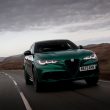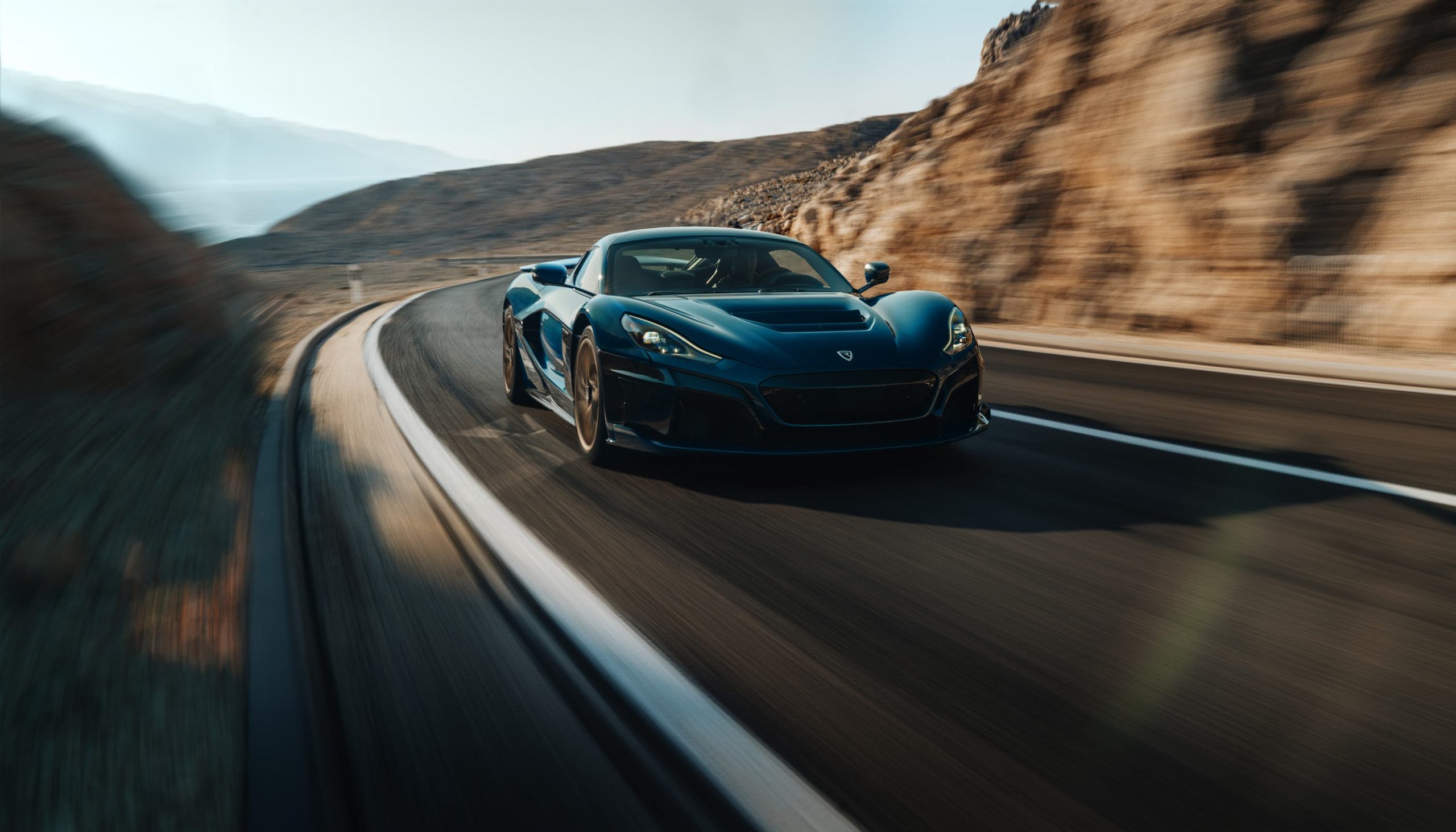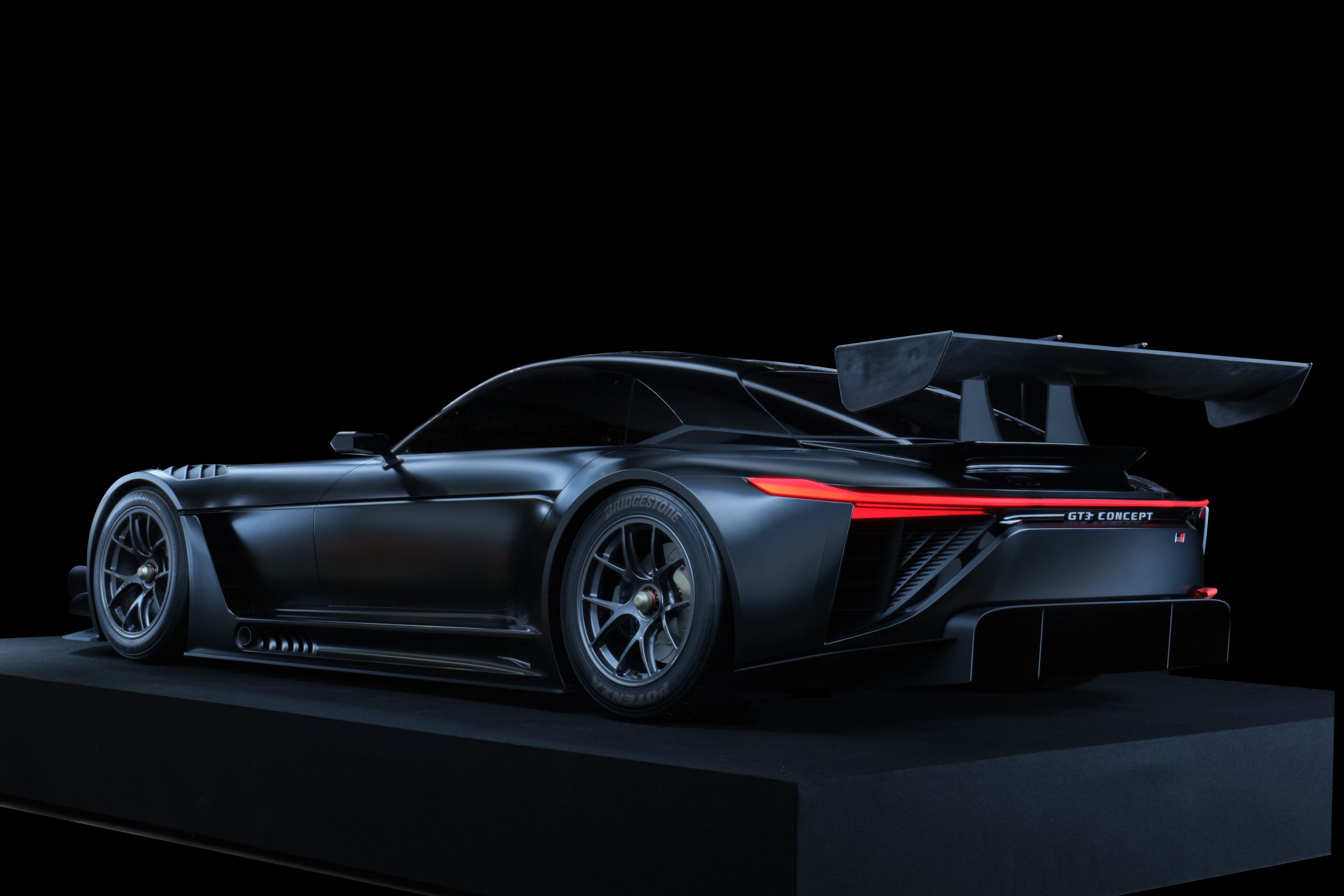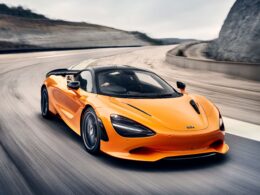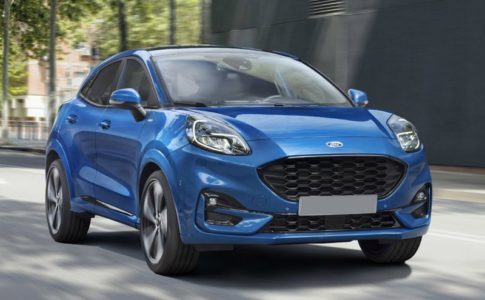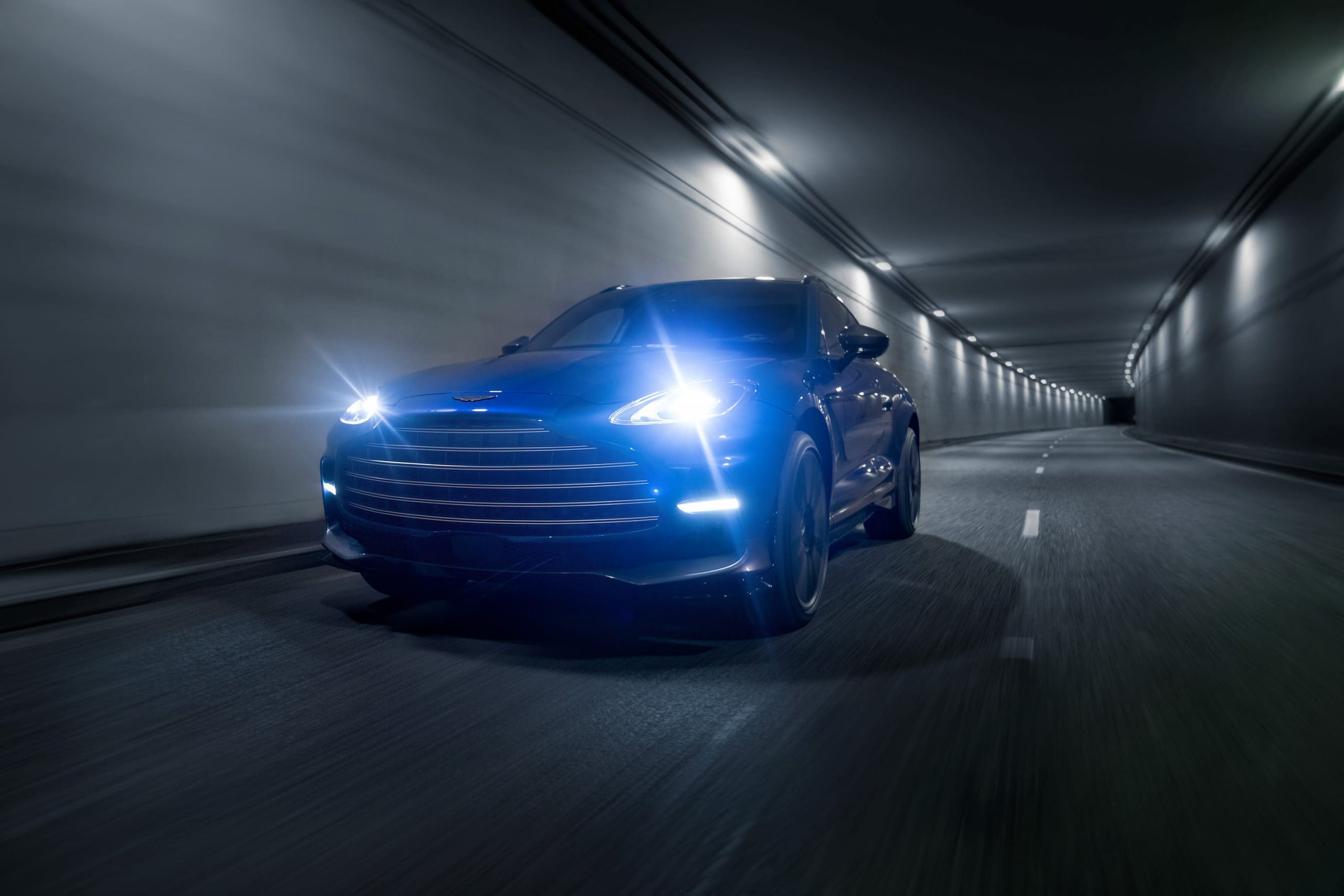Rimac Automobili has pulled the covers off its new electric supercar, called Nevera.
Named after the Croatian term for an unexpected storm in the Mediterranean, the model has a massive 1,887bhp and 2,360Nm of torque, which Rimac says catapults the car from 0-60mph in 1.85 seconds.
The Nevera is also said to be capable of a 258mph top speed, and can complete a quarter-mile from a standstill in just 8.4 seconds.
The supercar has a 120kWh battery pack that provides a claimed range of 340 miles. This provides power to four motors that each power an individual wheel, while each axle has its own single-speed gearbox.
The bodywork has undergone extensive development since the early prototype stage, with complex active aerodynamics optimising low drag or downforce depending on the situation. As part of this system, the bonnet, underbody flap, rear diffuser and rear wing can each be moved individually, based on computer algorithms.

The construction uses extensive carbon-fibre to keep weight low, while the forged alloy wheels are designed to channel cooling air to the Brembo carbon-ceramic brakes.
Inside, Rimac says the cabin was designed to take two people wearing full race equipment, as well as their luggage. There are digital screens to minimise physical buttons and switches, which can be configured individually for race or road.
Mate Rimac, founder and CEO of Rimac Automobili, said: “Everyone at Rimac is driven by curiosity and a desire to push things to the absolute limit. With its combination of everyday use and 1,887bhp performance, the Nevera proves what is possible when there are no restraints placed on technology, development, or ambition.
“We have now unveiled a car that pushes the hypercar market to a higher level, we have utilised the full potential of the electric powertrain today, proving what we’ve always been saying – that an electric hypercar, in the form of the Nevera, is beyond exciting, and that is as thrilling on the track, as it is crossing continents.”
Just 150 examples of the Rimac Nevera will be built, each costing €2 million.




